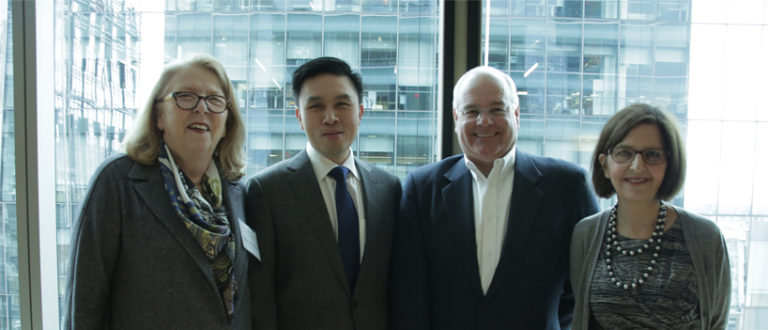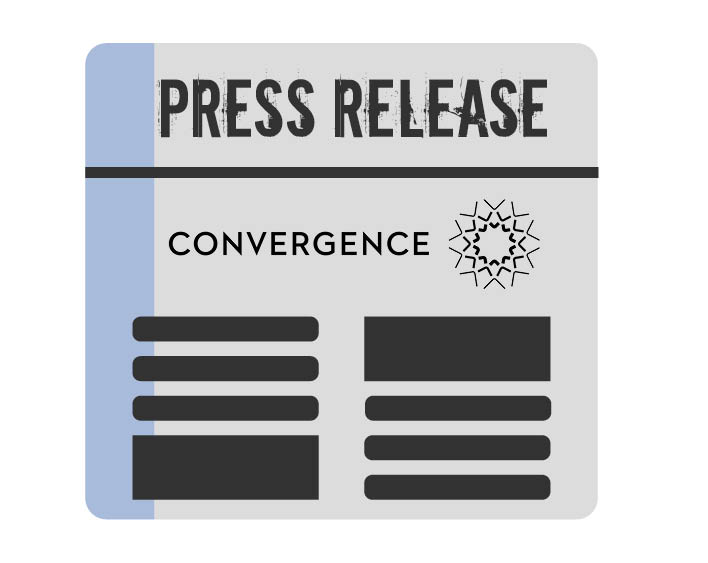
In early February, our Leadership Council met in San Francisco and heard from a dynamic panel, facilitated by Board member Rebecca Westerfield, on how our nation can navigate the charged political climate. Speakers said the election reflects deep polarization in our country, but expressed optimism about the strength of American political institutions and the desire of many to work across divides.
Dr. Lanhee Chen, Stanford University professor and research fellow at the Hoover Institution, and former policy director for the Romney-Ryan presidential campaign, said that while all elections bring change, this one created great uncertainty. He noted the stark contrast in how people perceive our country. “President Trump won because many Americans do not believe our country was on the right track. Those of us who live on the coasts see one economy; those who live in the middle of the country see a different one,” he said.
However, Chen added that “polarization doesn’t always equal gridlock.” Chen consults with government leaders on healthcare policy issues and hears a desire for solutions based on consensus. “It is going to be hard at the end of the day to have policy solutions when you go it alone. When the Administration moves forward on its agenda, the ideas and solutions must be ready. You can’t come up with the solutions afterwards. It is too late by then.”
Jean Bordewich, program officer of the Madison Initiative at the Hewlett Foundation, said that “gridlock can be a rational response when there isn’t consensus on an issue. It can take years to reach consensus and you can’t just rush things through. If you do so, you often end up with solutions that are neither wise nor enduring.” As the former staff director of the Senate Rules Committee, Bordewich worked closely with Democrats and Republicans, adding that “relationships matter,” when you want to pass legislation with broad support.
Hewlett’s Madison Initiative addresses the intense political polarization that often prevents Congress from finding bipartisan solutions. Bordewich sees Convergence’s Project on Building a Better Budget Process, a recipient of Madison Initiative funds, as an opportunity to create a more functional budget process that helps Congress achieve better policy outcomes. “We need Convergence to help untangle this complex issue,” Bordewich added.
Lenny Mendonca, the director emeritus of McKinsey and Company, and co-chair of California Forward, a nonprofit organization that aims to strengthen government accountability, focused on the value of citizen engagement as a promising mechanism for assuring that government is responsive to its citizens.
Mendonca believes that many of the best decisions are made “closer to the people,” at the state or local level rather than in Washington. “It’s easier to develop relationships and make progress if you see the person that you are interacting with in a political environment in a grocery store the next day. You have a different kind of conversation,” he said. He urged greater attention be paid to moving policy innovations at the state and local level.
After listening to comments from the audience, the panelists acknowledged deep concerns voiced by some and expressed optimism in the durability of American institutions. Chen concluded, “there is a great desire to move our country forward. We need new ideas right now. Convergence is a place where policy makers can have conversations on critical issues in a safe space.”
(Photo: Rebecca Westerfield, Lanhee Chen, Lenny Mendonca, Jean Bordewich)


